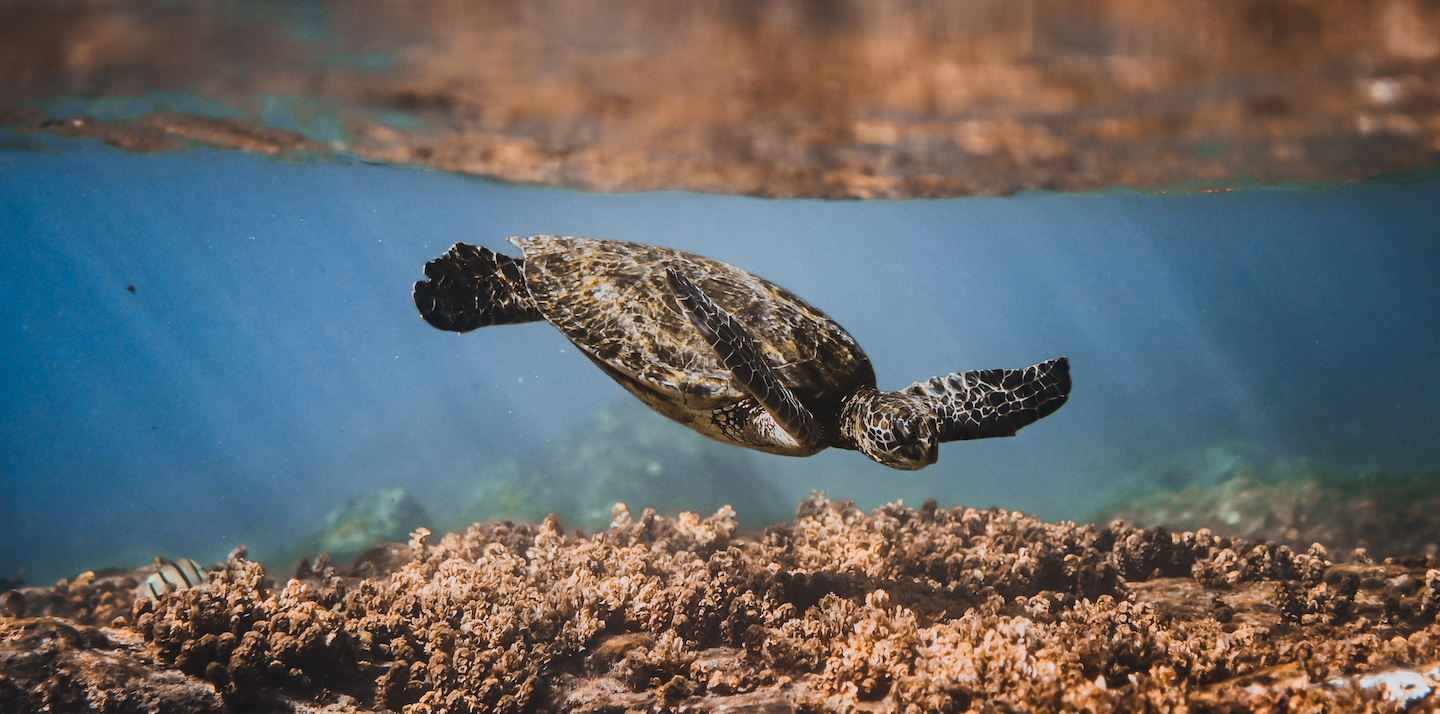
01.22.24
Fighting Offshore Drilling Mandates and Ocean Funding Cuts in the Federal Budget
By Katie DayWhile Congress scrambles to meet federal budget deadlines, Surfrider will continue to hold our federal elected officials accountable for funding important ocean and coastal programs and preventing dangerous policy riders from making their way into appropriation bills.
On January 18, one day from another potential partial government shutdown, Congress voted to extend their deadline to come to an agreement on the 2024 federal budget to March 1 and March 8. That’s six months past the original deadline!
Instead of focusing on a clean budget proposal that protects funding levels, Congressional Appropriation Committees are calling to gut funding for programs that prevent sewage spills, protect marine habitats, and support coastal management in the 2024 federal budget. They are also trying to include dangerous policy riders that require new offshore oil drilling and revoke funding from important environmental justice programs.
Please join Surfrider by taking action to encourage our federal leaders to pass a budget bill that protects our ocean, coasts, wildlife, and communities! Click here to contact your elected officials.
These cuts and policies will make our coasts and wildlife more susceptible to the harmful impacts of pollution and climate change.
Threats to Clean Water
The House Interior and Environment Appropriations Subcommittee is proposing extreme cuts to Environmental Protection Agency (EPA) programs that are essential for protecting beach water quality, public health and coastal tourism economies. Proposed cuts include a 67% reduction to the Clean Water State Revolving Fund and a 20% reduction to the Border Water Infrastructure Grant Program.
Sewage pollution caused from failing and outdated wastewater infrastructure is a major contributor to coastal pollution that necessitates an increase in federal investment, not a reduction. The EPA estimates a $271 billion dollar backlog of wastewater infrastructure maintenance and upgrades. The supplemental funding provided for this program by the Bipartisan Infrastructure Law was meant to be in addition to fully appropriated levels, not in lieu of. Additionally, coastal water quality at the US/Mexico border has reached record levels, with over 600 consecutive days and counting of beach closures due to millions of gallons of polluted transboundary flows every day from Tijuana and through the Tijuana River Valley. Full funding for the EPA Border Water Infrastructure Program is critical to start addressing this water quality and public health crisis.
Threats to our Ocean and Coasts
The House Appropriations Subcommittee on Commerce, Justice, Science, and Related Agencies is proposing harmful cuts to the National Oceanic and Atmospheric Administration (NOAA) that would severely impact ocean and coastal management. The proposal would reduce NOAA’s funding from FY 23 levels by approximately 14%, undermining NOAA’s ability to manage and protect coastal and marine resources, advance coastal resilience, predict and track severe storms, understand the impacts of climate change and support coastal communities.
Sufficient funding for NOAA is essential to sustaining and restoring the health and viability of our ocean, coasts and Great Lakes ecosystems. These natural resources also support enormous economic activity. According to the Bureau of Economic Analysis, the marine economy supported 2.4 million jobs and contributed $387 billion to the nation’s GDP in 2019, the last full year before the pandemic. We urge Congress to reject this funding proposal and work to pass a bill that supports NOAA and its vital work.
The Senate Interior and Environment Appropriations Subcommittee is proposing a cut of $100 million to the LWCF, a program that provides funding to states and local communities to protect public lands, parks, wildlife refuges, and sensitive habitat, and improve recreational opportunities across the nation for all Americans. The LWCF can also help coastal communities better prepare for climate change impacts by protecting coastal lands. The Great American Outdoors Act of 2020 provided permanent full funding to the LWCF. Current attempts to rescind $100 million from the program would set a dangerous precedent and be inconsistent with the intent of the law that removed LWCF from the appropriations process.
Threats to Marine Wildlife and Climate Resilience
Finally, the House budget proposal includes harmful riders that would mandate new offshore oil and gas leasing. Specifically, it would require each five-year offshore drilling program to include at least two offshore oil and gas lease sales in the Gulf of Mexico every year. It would also undermine the adequacy of environmental reviews and strip the Department of the Interior and the Bureau of Ocean Energy Management of their long standing legal authority to manage energy development on the Outer Continental Shelf.
Surfrider opposes any effort to include these funding cuts in the final funding package for FY24, and opposes dangerous policy riders that should not be folded into an appropriations bill, including mandated offshore oil leasing, attacks on the White House Ocean Justice Strategy, and attacks on the Endangered Species Act.
Want to help defend our coasts and ocean from harmful policy and funding cuts? Join Surfrider and Take Action to have your voice heard!
